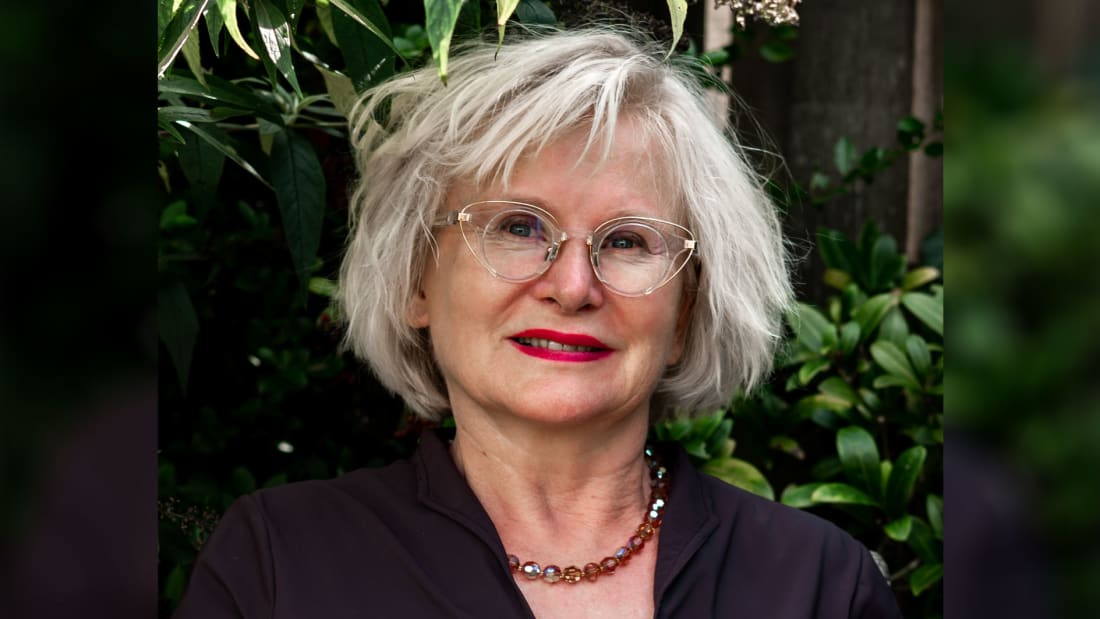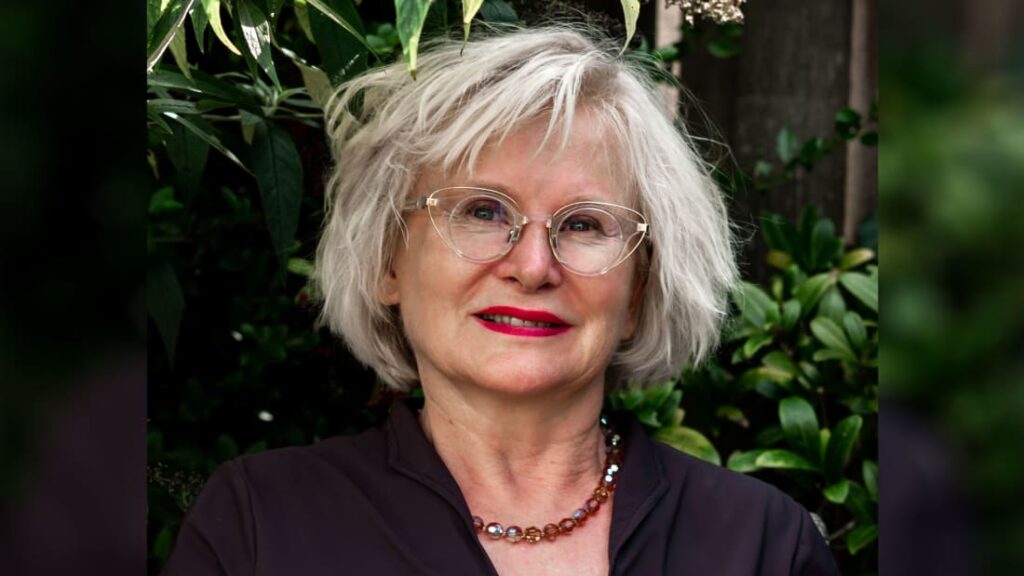


1. perception (n)
a belief or opinion, often held by many people and based on how things seem
2. texture (n)
the quality of something that can be decided by touch; the degree to which something is rough or smooth, or soft or hard
3. condition (n)
the particular state that something or someone is in
4. distinguish (v)
to notice or understand the difference between two
5. tingle (v)
to have a feeling as if a lot of sharp points are being put quickly and lightly into your body
6. famine (n)
a situation in which there is not enough food for a great number of people, causing illness and death, or a particular period when this happens
The chef who can't smell or taste

How would things taste if you lost your sense of smell? It’s a question that has become surprisingly common this year. Anosmia — or “smell blindness” — is a condition which is thought to affect around 5% of the population. So what happens when, all of a sudden, you lose your sense of smell and taste?
Dutch cookbook writer Joke (pronounced Yok-e) Boon suffers from anosmia — the inability to smell. She lost her sense of smell at the age of four — probably a combination of a severe cold and having her tonsils removed. And although her tongue has retained its taste perception, the lack of smell means that she can only vaguely distinguish the five basic flavors — sweet, salty, bitter, sour, umami — as well as fat.
Doctors say she has lost around 94% of her tasting perception. Despite this, she has written five cookbooks. So how does someone without a sense of smell experience food? For Boon, it’s mainly with her brain — by employing a facial nerve.
“You know the feeling when you eat too much wasabi at once?” says Boon. “I use this nerve a lot to ‘taste’ my food, I play with it. I can also feel ginger, mint, mustard and pepper this way. Pepper and ginger are warm and tingling, whereas mint and horseradish create a cold sensation.”
The look of food is crucial, too. “Color is very important”, she says. “I don’t like white food because for me white equals no flavor. The texture and sound of food have big roles, too. A walnut makes a different sound than a hazelnut.
It’s no surprise that she prefers cuisines that use spices or strong flavoring. Mexican and Indian dishes are among her favorites. “I really love the layers of spices they use in their dishes and the different types of peppers,” she says.
Resource: https://edition.cnn.com/travel/article/anosmia-chef-joke-boon-wellness/index.html

- How do you think disabled people feel when people pity them?
- What are ways that disabled people can compensate for their weakness?
“My advice to other disabled people would be, concentrate on things your disability doesn’t prevent you doing well, and don’t regret the things it interferes with. Don’t be disabled in spirit as well as physically.”
Stephen Hawking

 A
A









